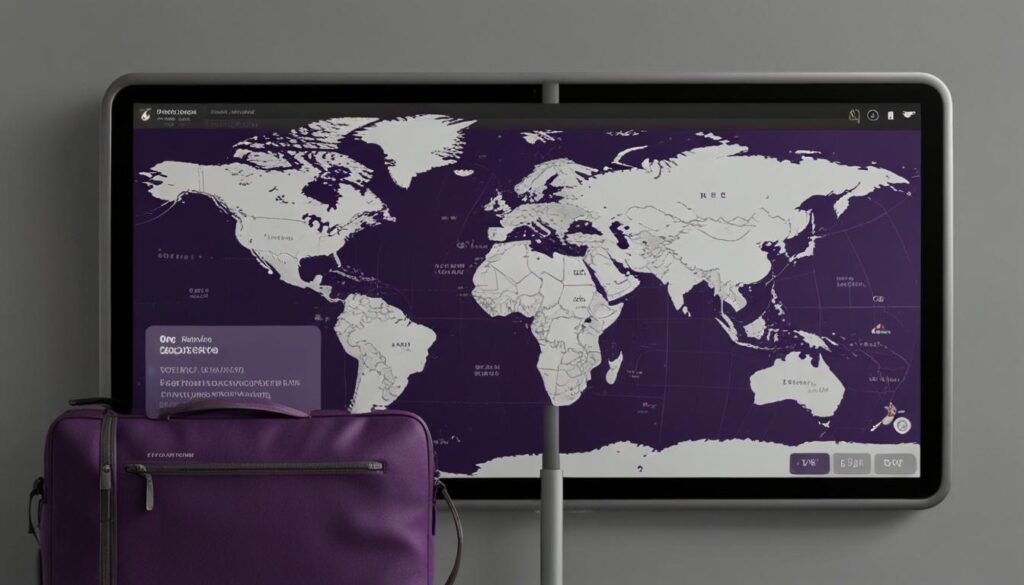The travel industry is undergoing a transformation as generative AI technologies reshape travel planning and user experiences, echoing the historical significance of Thomas Cook’s pioneering efforts in organized tourism.
The Travel Industry Revolutionized by Generative AI: A Glimpse into the Future
Artificial intelligence (AI) is reshaping the travel industry, leading to a transformative era that began with Thomas Cook’s pioneering efforts over 180 years ago. In 1841, a British cabinet-maker named Thomas Cook organized a railway trip for over 500 people from Leicester, England to a temperance meeting in neighboring Loughborough. This initiative is frequently cited as the birth of organized tourism, setting the foundation for what would become Thomas Cook & Son, often regarded as the world’s first travel agency.
Fast forward to today, and the travel landscape has vastly changed, thanks to advancements in technology. Cars and airplanes have largely replaced trains for long-distance travel, and now, the rise of generative AI models is poised to challenge traditional travel assistants.
Prominent AI models such as OpenAI’s ChatGPT, Microsoft’s Copilot, and Google’s Gemini have become adept at generating text and other forms of content from simple prompts. The travel sector quickly seized this innovation to enhance user experiences and streamline planning processes.
Expedia, a notable player in the travel industry, announced a breakthrough feature in April last year, allowing users to build travel itineraries with the help of ChatGPT. This feature came less than five months after ChatGPT’s release, illustrating the rapid adoption of AI in the sector.
Following Expedia’s lead, several other AI-powered tools and platforms have emerged. One such innovation is Layla, an AI-enabled travel website. Designed to simulate a friendly and informed human travel agent, Layla engages users with recommendations and travel estimations. For example, when prompted for budget-friendly European travel destinations, Layla suggested Kraków, Budapest, and Lisbon, providing estimated flight costs for each.
Layla’s capabilities extend beyond travel recommendations, as it also includes built-in guardrails to refocus users’ non-travel-related queries. The platform was launched late last year after securing over $3 million in seed funding from investors, including co-founders of Booking.com and Skyscanner, as well as Paris Hilton.
Another platform leveraging AI is iPlan.ai, which generates personalized travel itineraries based on user-specified parameters like budget (Economy, Normal, or Luxury) and interests (Historical, Nature, etc.). This tool exemplifies the growing trend towards customized travel planning solutions enabled by AI.
Additionally, Airbnb has made significant strides in this arena, acquiring GamePlanner.ai for nearly $200 million. Airbnb’s CEO, Brian Chesky, emphasized AI’s potential, describing it as “the ultimate platform shift” during a Q4 2023 earnings call. Chesky envisions AI transforming user interfaces into highly personalized and adaptive experiences, thereby revolutionizing how people plan and engage with travel.
However, AI chatbots like ChatGPT and Gemini, despite their advanced capabilities, sometimes lack situational awareness found in human agents. For instance, ChatGPT provided a detailed itinerary for a trip to Kharkiv, Ukraine, without noting the ongoing conflict in the region. Conversely, Gemini issued a disclaimer advising users to check current travel advisories due to the conflict, highlighting the varying levels of risk-awareness among AI systems.
Despite these transformative developments, experts like Michael Coletta, senior manager of research and innovation at Phocuswright, believe the industry is still in the nascent stages of AI adoption. Coletta suggests that, while significant, these changes don’t yet constitute a revolution in travel planning.
The integration of AI has already influenced employment within the sector, as evidenced by anecdotes from travel consultants on forums like Reddit. One user reported losing their job after their company partnered with OpenAI, indicating the disruptive potential of AI technologies.
As the travel industry continues to evolve, stakeholders are closely watching how these AI innovations will shape the future of travel, balancing technological advancements with the need for human oversight and risk management.










